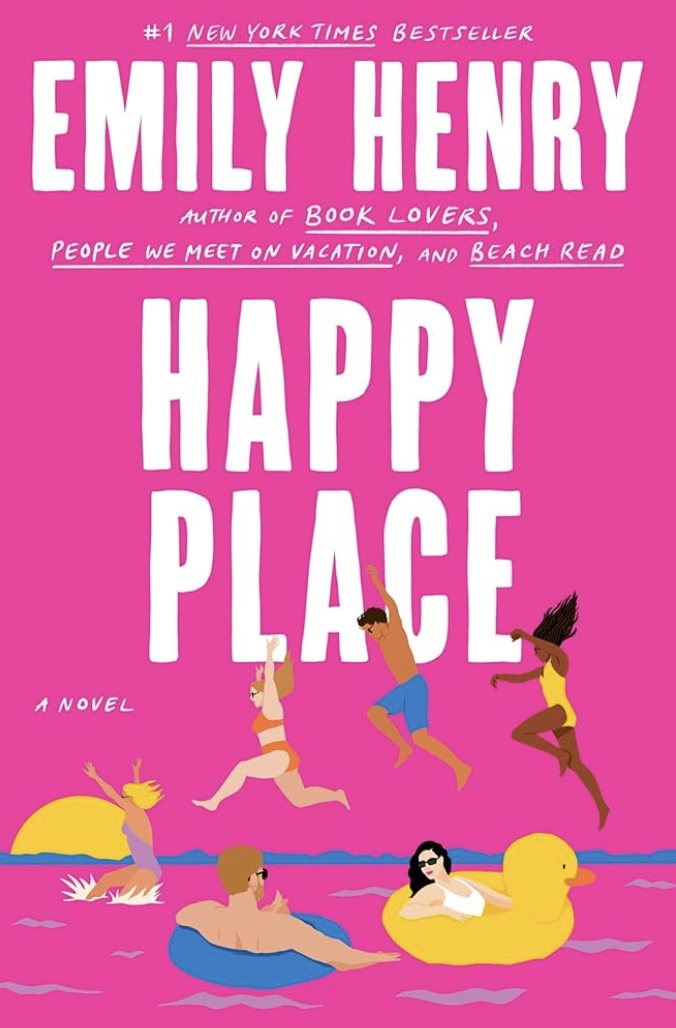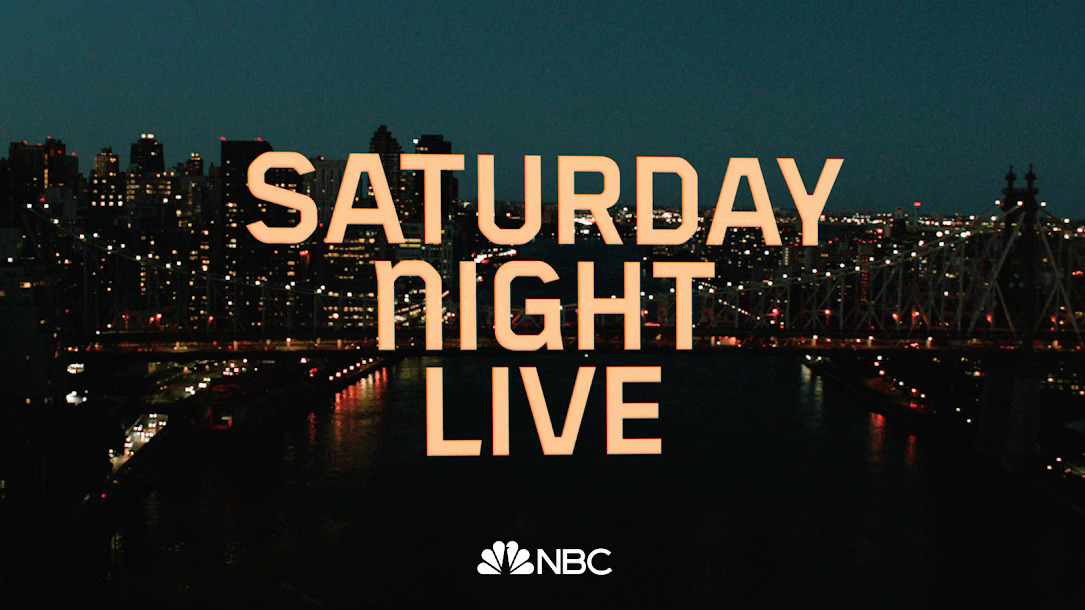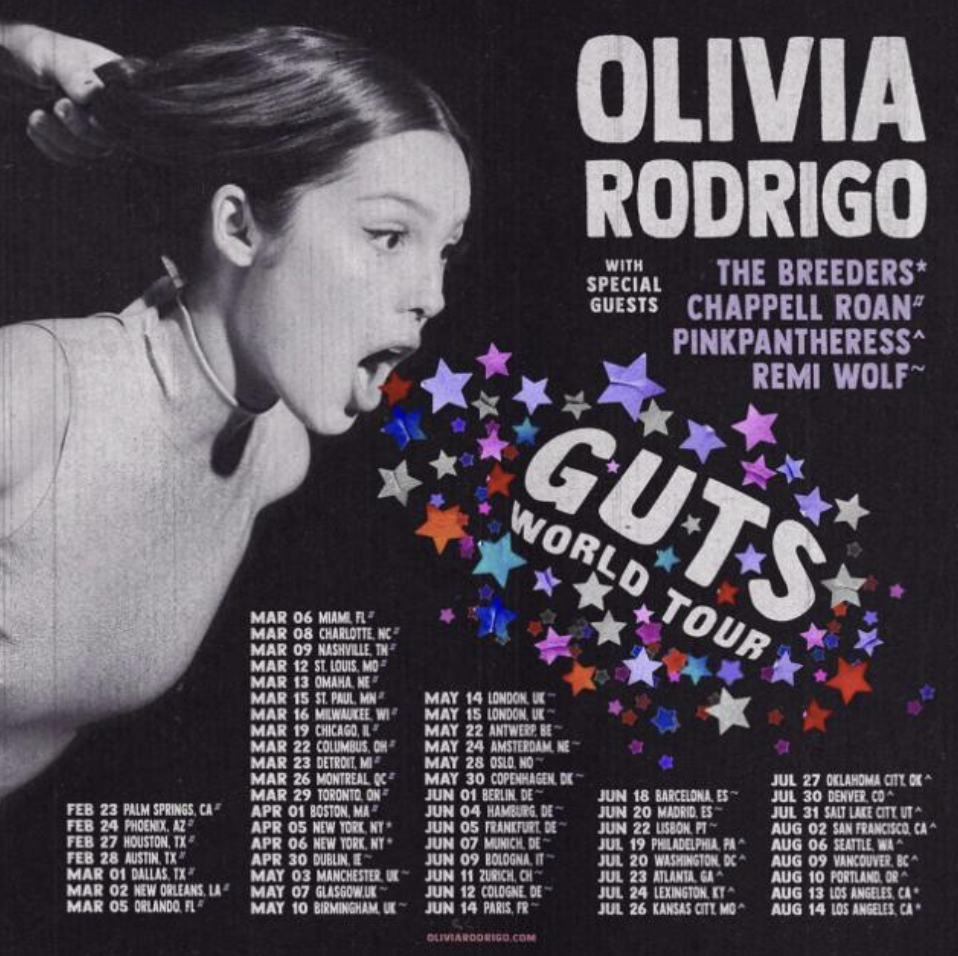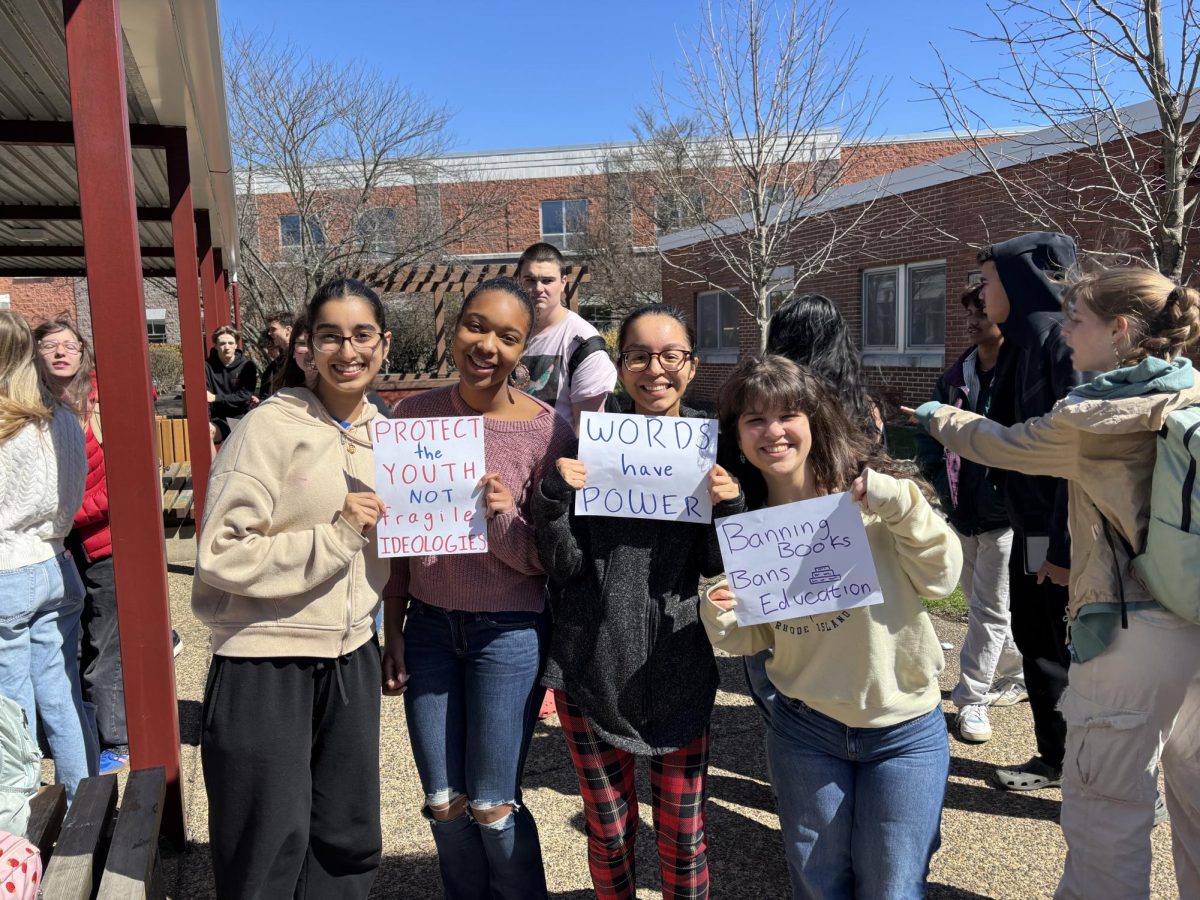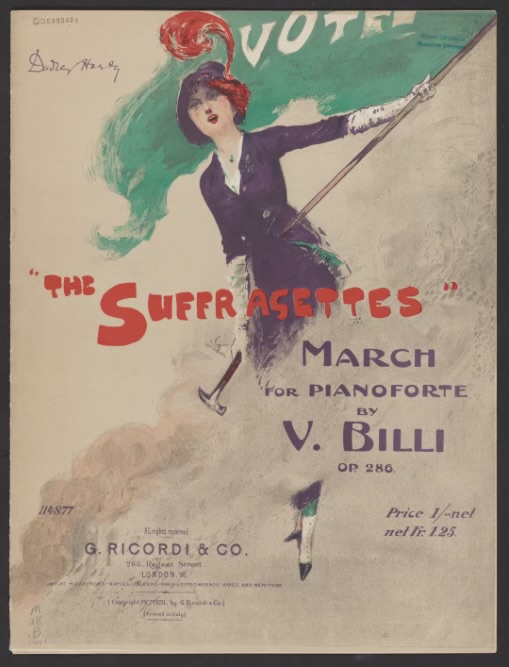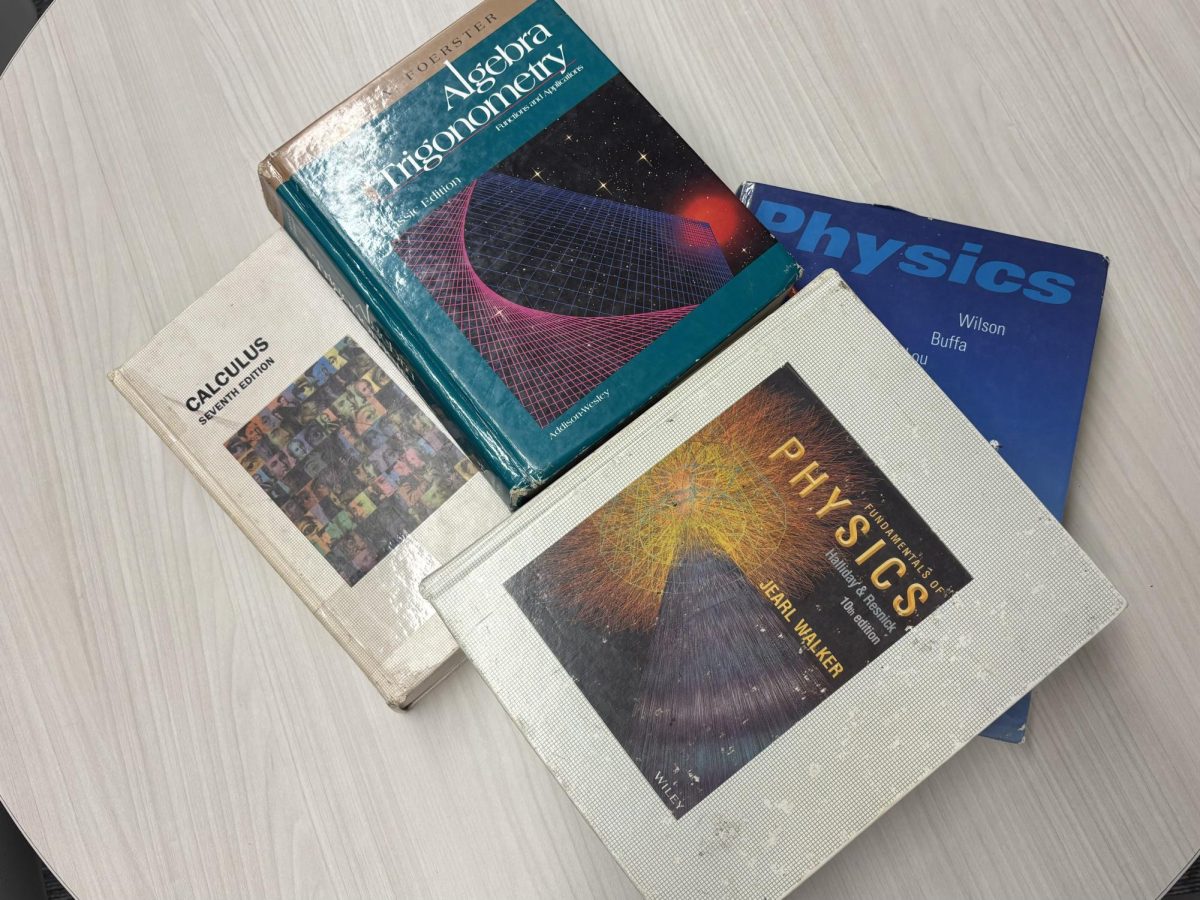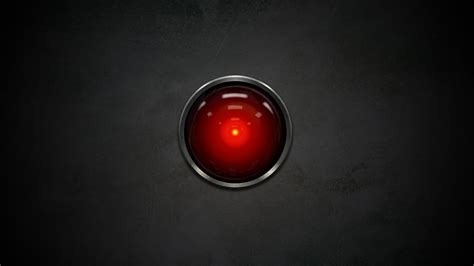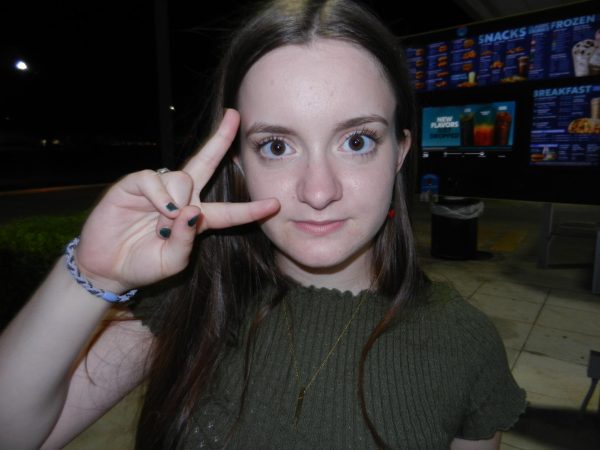When I die, I want Emily Henry to lower me into my grave so that she can let me down one last time. It’s been two blissful years since I’ve tortured myself with an Emily Henry book, two peaceful years since I put myself through the agony of People We Meet on Vacation. So, when I discovered that, for the third consecutive year, Emily Henry won the Goodreads Choice Award for Best Romance, I doubted myself for a second. Maybe I was young and misjudged her. Maybe her writing style evolved. Maybe I should give her another chance. This severe lapse in judgment is how I found myself downloading Emily Henry’s latest novel, Happy Place. I wasn’t surprised when her latest collection of annoying characters and unrealistic plotlines was just as bad, if not worse than the dumpster fire that was People We Meet on Vacation.
SPOILERS AHEAD
This bland story has an equally bland and spineless protagonist: a people-pleasing thirty-year-old aspiring surgical resident named Harriet. Her fiancé of eight years recently dumped her, but Harriet has yet to tell her two best friends, Cleo and Sabrina. This girl spends the whole book gushing about how close Cleo, Sabrina, and she have been since college and how their yearly friend group vacations are her “happy place.” Yet, Harriet can’t muster up the courage to tell them about an incredibly significant development in her life. There is nothing worse than a weak character with no self-respect and from the first chapter alone, I hated Harriet for letting everyone walk all over her ALL THE TIME. Unrealistically, Harriet takes a week-long break from her residency to go on her yearly beach vacation with her friends but is caught off guard when her ex-fiance arrives at the beach house, pretending like they’re still together in front of their friends. And yet, this adult woman still does not tell her friends the truth. Thus, the underwhelming plot of this story develops as Harriet must fake date her ex-fiancé to preserve her lie. Only two chapters in and my patience was growing thin…
While Harriet irritated me immensely, the love interest pushed this book past the point of no return. Harriet’s ex-fiance of eight years, Wyndham (yes, his name is Wyndham, like how am I supposed to take that seriously?) is the most insufferable creature Emily Henry could cook up in that twisted brain of hers. That’s right, Happy Place is a second-chance romance, meaning the main characters will get together, break up, and then give each other a second chance. Unfortunately, there was no room in my heart to give this man a second chance. Wyndham, in all his insecure glory, ended an eight-year relationship with Harriet in a four-minute phone call and shipped all her belongings to her the next day. Why, you may ask? Emily Henry draws this question out for the majority of the book and the reveal is underwhelmingly pathetic. Wyndham felt insecure about how successful Harriet was and thought she cared about her career more than him, so he decided to break up with her in the most impersonal way possible before he could regret it. Somehow, Emily Henry expects the reader to believe that Wyndham cared too much and that’s why he abruptly broke up with Harriet. Yet, throughout the novel, Wyndham seems completely disinterested in Harriet. He doesn’t pursue her at all and the only time he seems remotely interested in her is when he makes grand confessions out of nowhere about how he has loved her forever. The problem is, I am not convinced that he has loved her forever because Harriet made all the first moves while Wyndham moped about how he’s not as smart as his sisters. If I could enter this book, I would slap Harriet across the face and shake her until she gains some self-respect and stops acting like Wyndham is the only man in the world.
Happy Place advertises itself as a found family novel, with all the members of the friend group on the cover of the novel, yet every scene with these six excruciatingly immature people is so painful. Sabrina, whose dad owns the beach house that the group is staying at, invites everyone for the last time before her dad sells the property and acts so controlling over the entire trip because she wants to make it perfect. It is also revealed at the end of the novel that Sabrina knew about Harriet and Wyndham’s break up and forced them to room together as some kind of sick manipulation to get them back together. Harriet forgave her so fast, but that sociopathic behavior cannot be ignored. Sabrina’s fiance and Wyndham’s supposed best friend Parth decided to encourage his fiance’s meddling and manipulations after finding out that Harriet and Wyndham broke up instead of just COMMUNICATING with his best friend. Parth and Sabrina are a toxic match made in heaven and their narcissistic outlook on friendship made this whole friend group so disfunctional. Harriet’s other best friend, Cleo, disassociates herself from the group unless begged to join, hides the fact that she is pregnant from all of them, and actively fights with Sabrina the entire novel. Genuinely, Emily Henry’s attempt to have Cleo reconcile with the group at the end was so pathetic because, throughout the novel, it seemed like Cleo did not want to be there. And still, Harriet spent the whole novel being her pathetic, weak, people-pleaser self and resolving arguments between all her friends the whole time. To call Happy Place a found family novel is an outrageous misuse of the word. All of these so-called friends hated each other and needed extensive therapy.
From the first chapter of Happy Place, I recognized the annoying flashback style that Emily Henry utilized in People We Meet on Vacation. Switching between two timelines was confusing and senseless as neither timeline provided any sort of interesting plot. The friend group could be fighting in the present day over a simple miscommunication and the next chapter would flashback to when Harriet and Wyndham first met, both of which interested me very little. Another quick message for Emily: it’s a romance novel, not Shakespeare. Nobody cares what color the walls are or how runny Harriet’s eggs were. It does not need this much detail. Maybe if Emily Henry focused less on useless details and more on making her plot cohesive or her characters likable, I wouldn’t want to pull my hair out reading this garbage novel.
My biggest qualm with the novel is the lazy rushed ending. Of course, Harriet and Wyndham get back together, despite how toxic their relationship is. I really wish the novel had ended with the friend group realizing they have outgrown each other and clearly do not get along anymore. But it’s an Emily Henry novel, so why would anything have a cohesive ending or message? Feminism died when Harriet decided to forsake her self-worth and chase after an insecure man who thought he was voted prom king because everyone felt sorry for him and couldn’t deal with his partner being more successful than him. Yet, the ending gets worse. Wyndham claims that their relationship won’t be able to work if Harriet continues her surgical residency, because they won’t have enough time for each other, and they will end up fighting and breaking up like before. Harriet takes one paragraph to decide to drop out of the residency with hundreds of thousands of dollars in student-loan debt and move to Montana with Wyndham to pursue pottery. I nearly threw the book across the room as fast as Harriet made her decision, because what do you mean Harriet quit her residency that she had worked over a decade toward and that she described earlier in the novel as her literal dream? Because one guy couldn’t handle her career-oriented lifestyle? I cried. Women everywhere cried. If Wyndham truly loved her, he wouldn’t have forced her to choose between her life’s work and him, because anyone could see that Harriet was such a people pleaser and would do anything this man asked. Reading Happy Place made me hate Emily Henry infinitely more, as she pushes these characters with zero self-worth and no respect for their accomplishments and drive. And it’s laughable how she doesn’t even have the decency to make the plot good either.
The Goodreads Choice Awards used to mean something to me. I used to eagerly await the results every new year, but after three consecutive years of the public awarding Emily Henry’s horrendous writing the Best Romance award, I am losing faith in the Goodreads community. Whoever the 157,687 people are that voted for Happy Place for Best Romance over infinitely more engaging and interesting options like Love, Theoretically by Ali Hazelwood or Final Offer by Lauren Asher, I am personally recommending they log off Goodreads forever. Here are some alternatives to Emily Henry, since people cannot seem to understand what a good romance novel is:
Better Contestant for 2023 Goodreads Choice Award: Love, Theoretically
Better Setting: Anna and the French Kiss
Better Protagonist: The Seven Husbands of Evelyn Hugo
Better Love Interest: The Spanish Love Deception
Better Chemistry: Icebreaker
Better Banter: Red, White, and Royal Blue
Better Second Chance Trope: The Mistake
Better Ending: Check & Mate

